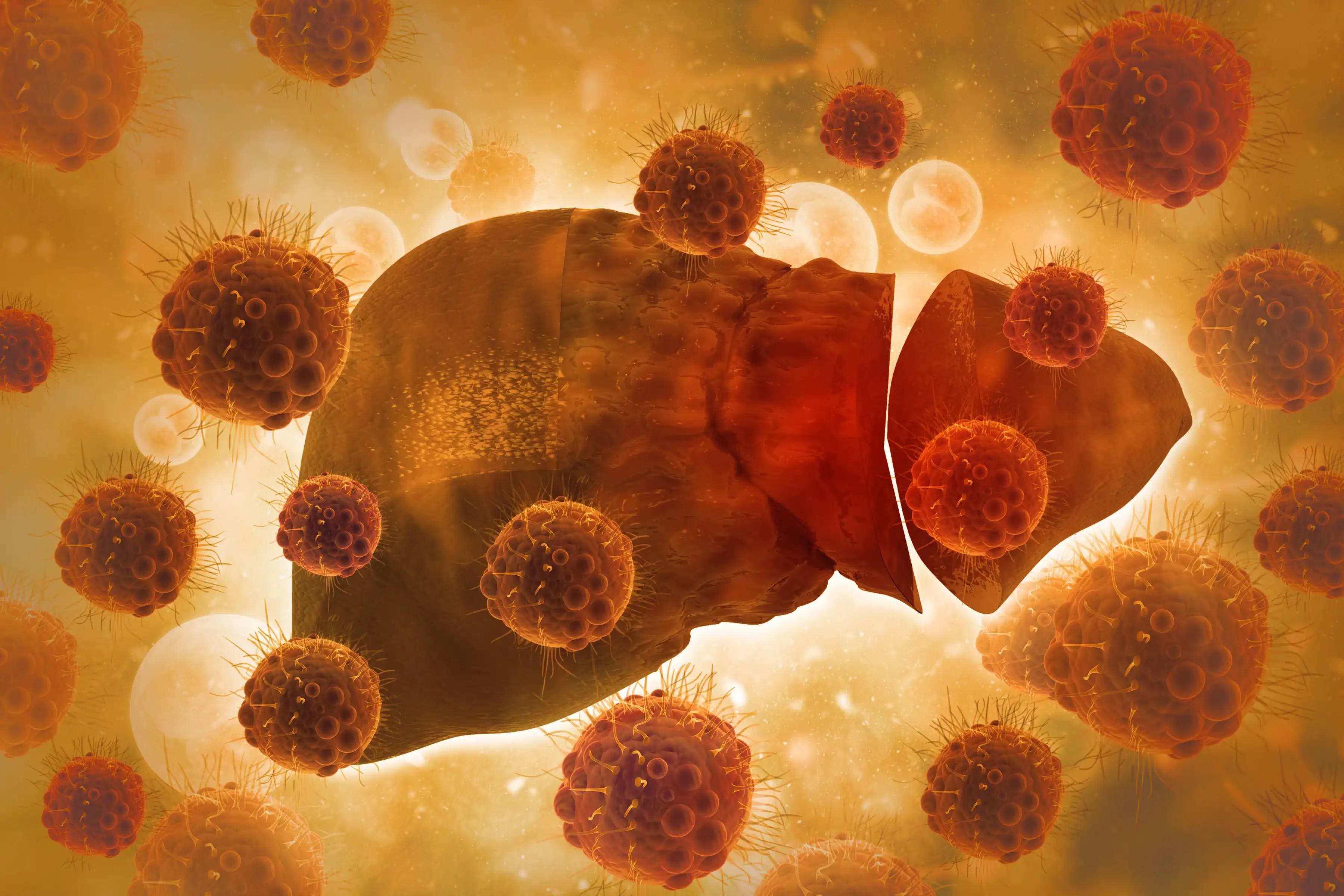KEY TAKEAWAYS
- The study aimed to investigate the clinical significance of EGFL6 expression in HCC and its potential as a diagnostic and prognostic biomarker.
- Researchers noticed that EGFL6 expression is closely linked to HCC progression, suggesting its potential as a therapeutic target.
Hepatocellular carcinoma (HCC) is the most common primary liver tumor and the second leading cause of cancer-related deaths worldwide. HCC, constituting 90% of liver cancer cases, typically originates from viral hepatitis C or B infections. Despite the potential benefits of effective treatments for HCC patients arising from comprehensive studies on the biological and environmental mechanisms driving its occurrence and progression, several challenges persist.
Hui-Ting Hsu and the team aimed to investigate the clinical relevance of the epidermal growth factor-like domain multiple 6 (EGFL6) expression in HCC and to evaluate whether the expression of EGFL6 in HCC has diagnostic and prognostic significance.
They performed an inclusive analysis of EGFL6 protein expression levels in 260 HCC tissue specimens using immunohistochemical techniques. Patients’ HCC tissue samples were analyzed, revealing strong cytoplasmic EGFL6 expression not only in tumor cells but also in non-tumor or normal hepatocytes. This comprehensive approach allowed for a detailed comparison between EGFL6 expression in cancerous and non-cancerous liver tissues, providing insights into its potential role in HCC pathogenesis.
About 98 patients exhibited low EGFL6 expression, while 162 patients displayed high EGFL6 expression. The study explored the associations between cytoplasmic EGFL6 expression and the clinicopathological features of HCC. Decreased cytoplasmic EGFL6 expression was significantly correlated with worse cellular differentiation, higher T classification, vascular invasion, higher stage, and tumor recurrence.
Survival analyses, conducted using Kaplan-Meier survival curves for patients with HCC, revealed that those with reduced cytoplasmic EGFL6 expression experienced significantly worse disease-free survival (DFS) and disease-specific survival (DSS). Univariate and multivariate analyses identified EGFL6 as an independent predictor for decreased expression, differentiation grade, vascular invasion, stage, or recurrence in cases of DFS or DSS in HCC.
The study concluded that this represents the first investigation into the expression of EGFL6 protein in HCC. The findings strongly suggest that EGFL6 plays a crucial role in the pathogenesis of HCC, indicating that targeting EGFL6 could be a promising therapeutic strategy.
This study received no external funding.
Source: https://pubmed.ncbi.nlm.nih.gov/39187367/
Hsu HT, Lin YM, Hsing MT, et al. (2024). “Cytoplasmic Expression of the EGFL6 Protein Is an Independent Prognostic Factor for Shortened Patient Survival in Human Hepatocellular Carcinoma.” In Vivo. 2024;38(5):2455-2463. doi:10.21873/invivo.13715



